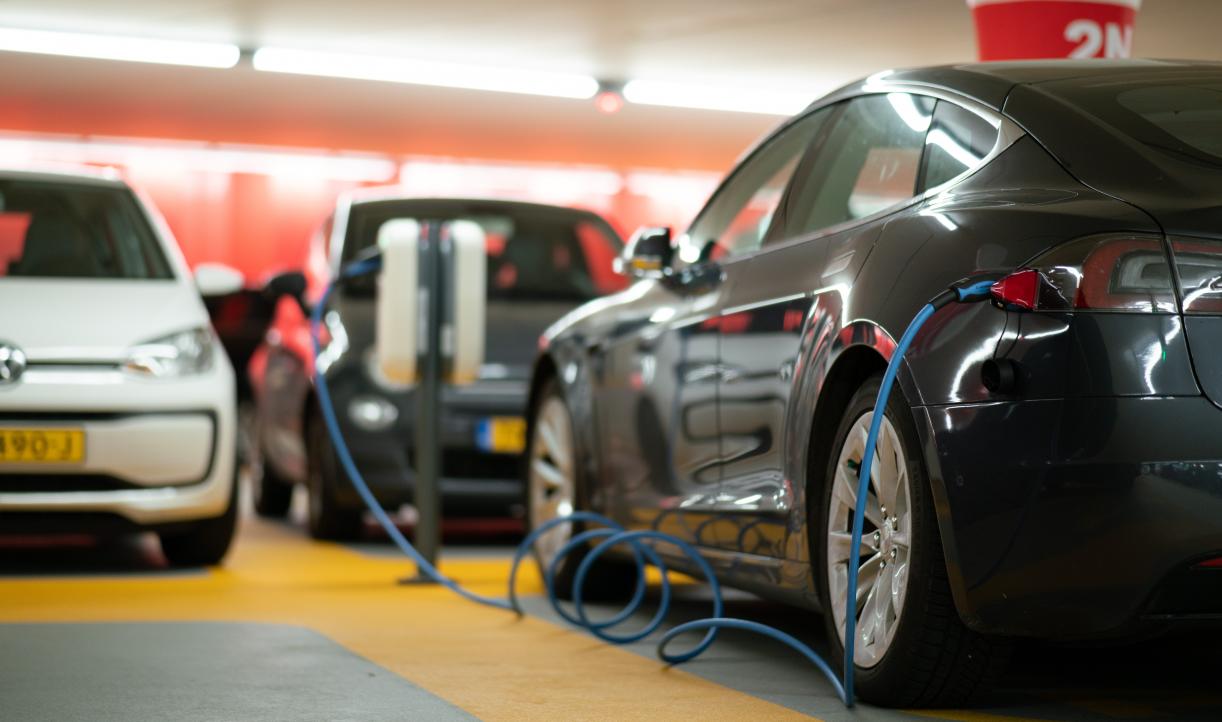the moops
Footballguy
This is from Ernst And Young2035 although I believe 2040 is the best answer.(but not an option)
Thank you.
Do we know what the % is today for ICE engine car sales in the US?
Can you elaborate how and why you think it'll go from that number to 5% in 17 years?
- Despite headwinds, combined electric vehicle (EV) sales in the US, China and Europe to outstrip all other engine sales by 2030
- By 2040, internal combustion engine (ICE) vehicles will shrink to less than 1% of overall sales
- Europe is expected to lead electric vehicle sales volumes until 2024, with China taking the lead from 2025 onward.




